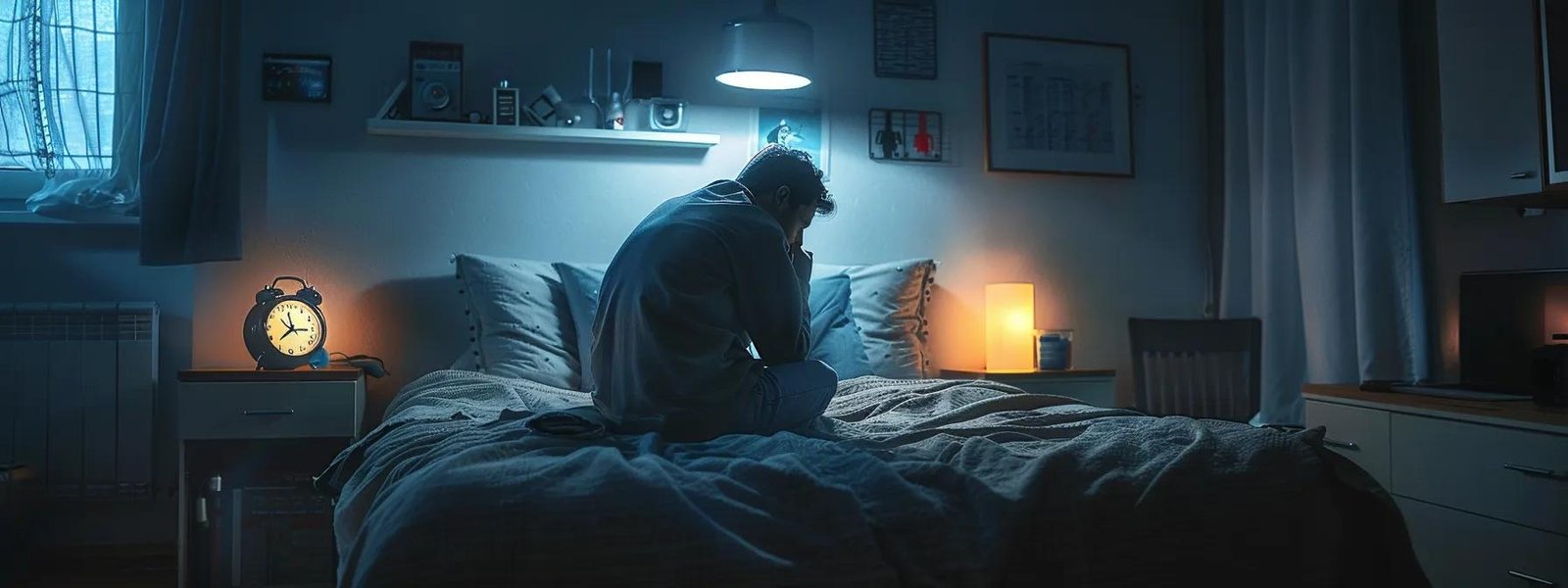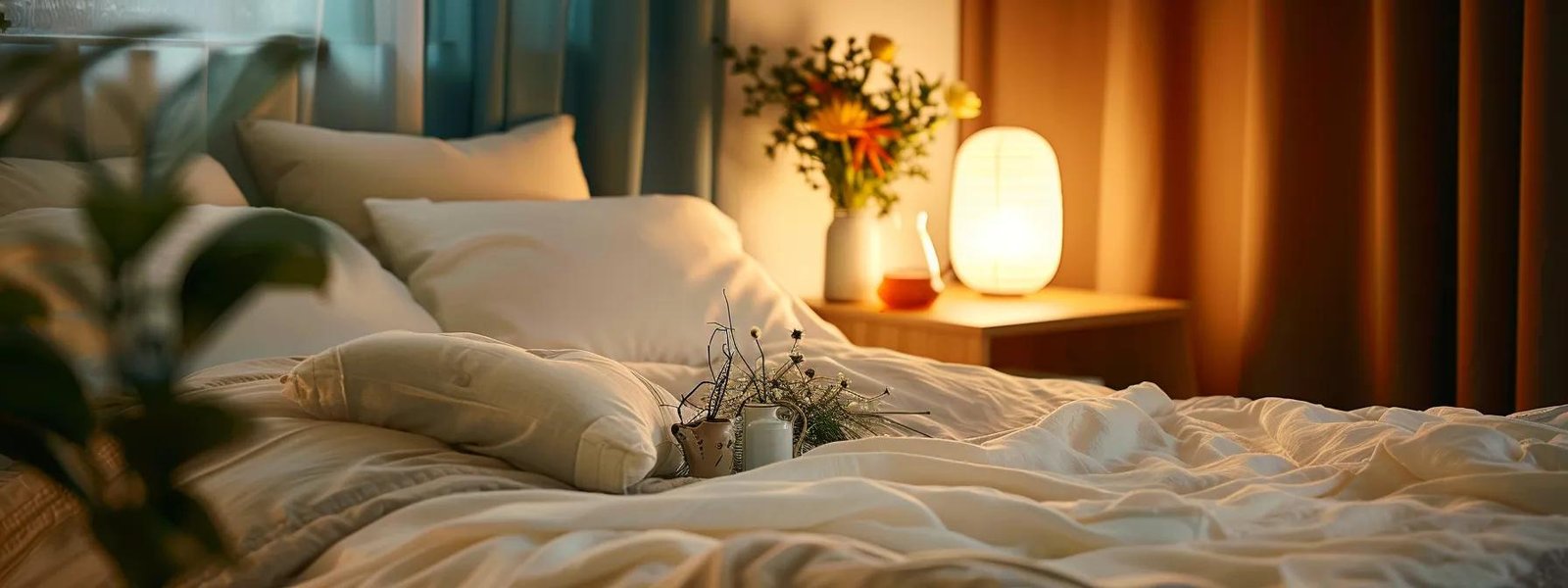Introduction
What Are Sleep Difficulties and How Do They Differ From Insomnia?
What Does “Sleep Difficulties” Mean?
How Is Insomnia Defined Compared to Other Sleep Issues?
What Are the Common Types of Sleep Difficulties?
What Are the Symptoms of Sleep Disorders and Insomnia?
Which Symptoms Indicate General Sleep Difficulties?
What Are the Specific Symptoms of Insomnia?
How Can You Recognize When Sleep Problems Need Medical Attention?
What Causes Insomnia and Other Sleep Difficulties?
How Do Stress, Anxiety, and Depression Affect Sleep?
What Role Do Lifestyle and Environmental Factors Play?
Can Medical Conditions or Medications Trigger Insomnia?
What Are the Most Effective Treatment Options for Sleep Difficulties and Insomnia?
How Does Cognitive Behavioral Therapy for Insomnia (CBT-I) Work?
What Medications and Sleep Aids Are Commonly Used?
When Should You Seek Professional Help for Sleep Problems?
What Natural Remedies and Lifestyle Changes Can Improve Sleep Quality?
Which Sleep Hygiene Tips Help Reduce Sleep Difficulties?
How Can Melatonin and Other Supplements Support Sleep?
What Relaxation Techniques and Stress Management Strategies Are Effective?
| Remedy/Strategy | Key Benefit | Specific Method | Key Statistic/Benefit |
|---|---|---|---|
| Regular Sleep Schedule | Stabilizes circadian rhythm | Fixed bedtime/wake time | Improves sleep efficiency |
| Sleep-Conducive Environment | Minimizes disturbances | Cool, dark, and quiet room | Reduces awakenings during sleep |
| Melatonin Supplementation | Regulates sleep-wake cycle | Low-dose melatonin before bed | Shortens sleep onset |
| Progressive Muscle Relaxation | Reduces muscle tension | Tense/relax cycle | Lowers cortisol levels |
| Meditation and Deep Breathing | Decreases stress and anxiety | Guided sessions | Reduces stress by significant margin |
How Can You Assess and Monitor Your Sleep Quality?
What Tools and Methods Are Available for Sleep Assessment?
How Can Tracking Sleep Help Differentiate Between Difficulties and Insomnia?
| Assessment Tool | Data Provided | Use Case Example | Key Benefit |
|---|---|---|---|
| Sleep Diary | Subjective sleep patterns | Tracking bedtime and awakenings | Identifies recurring sleep habits |
| Actigraphy | Movement and sleep duration | Monitoring sleep efficiency at home | Non-invasive, continuous monitoring |
| Polysomnography | Brain waves, heart rate, oxygen | Diagnosing sleep apnea or REM disorders | Provides comprehensive diagnostic data |
| Questionnaires (PSQI, ISI) | Sleep quality and severity | Quantifying perceived sleep disturbances | Standardized severity assessment |
| Smartphone Apps | Estimated sleep duration and quality | Daily sleep tracking | Immediate feedback and trend analysis |
How Can Monitoring Impact Treatment Outcomes?
What Are the Long-Term Effects of Untreated Sleep Difficulties and Insomnia?
How Does Poor Sleep Impact Mental and Physical Health?
What Risks Are Associated With Chronic Insomnia?
| Long-Term Effect | Impact on Health | Associated Risks | Key Finding |
|---|---|---|---|
| Cognitive Impairment | Reduced memory and concentration | Increased accidents and poor performance | Studies indicate significant decline |
| Mood Disorders | Higher rates of depression and anxiety | Increased mental distress | Elevated risk reported by CDC |
| Cardiovascular Disease | Elevated blood pressure and heart rate | Higher risk of heart attack | Findings from internal medicine |
| Metabolic Dysregulation | Insulin resistance and obesity | Increased risk of type 2 diabetes | Medical research shows link |
| Immune System Suppression | Weakened immune response | Higher susceptibility to infections | Studies demonstrate reduced immunity |





